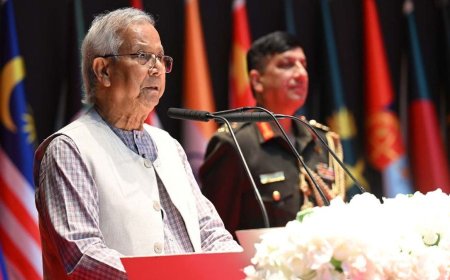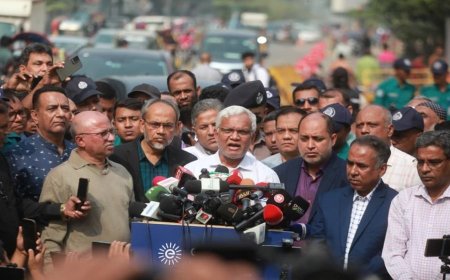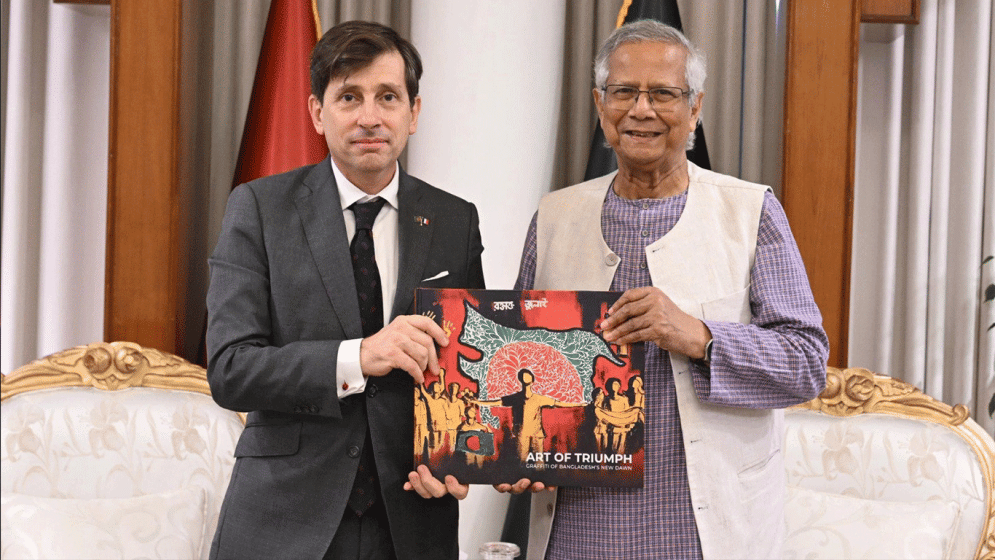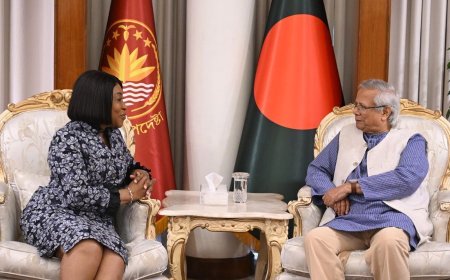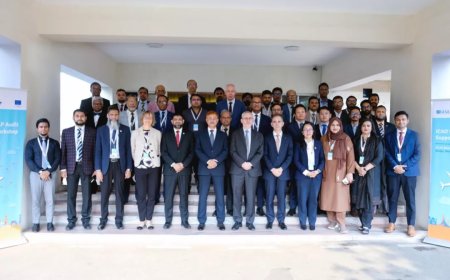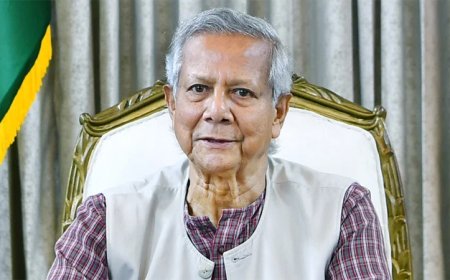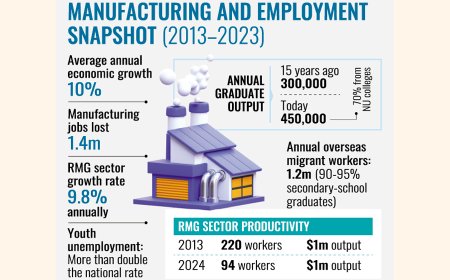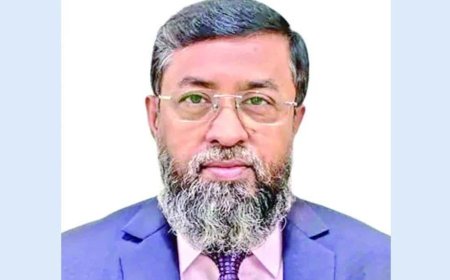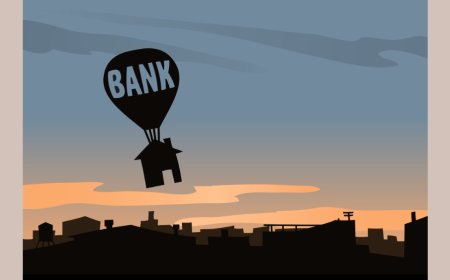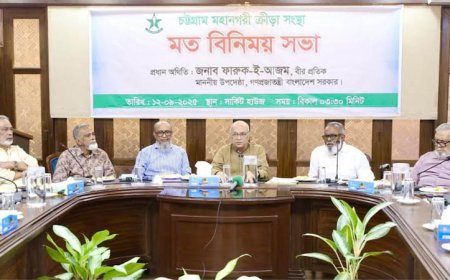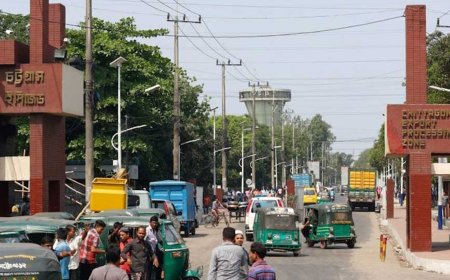Mandatory Mediation: A New Chapter in Justice Amid Lingering Concerns
The amendment spans a wide range of legal domains, with a particular focus on civil and quasi-criminal cases.
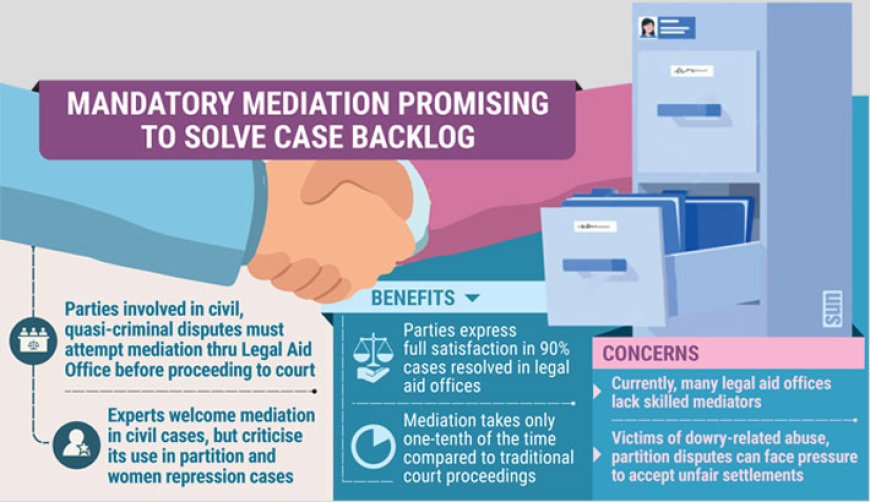
Mandatory Mediation Introduced to Ease Case Backlog, but Concerns Remain
In a bid to address the mounting backlog of court cases, the government has amended the Legal Aid Services Act, 2000, introducing mandatory mediation before lawsuits can be filed under nine specific laws.
Following the recent gazette notification, the amendment is now in effect. It requires parties involved in certain civil and quasi-criminal disputes to first attempt mediation through Legal Aid Offices. Only if this mediation fails will courts accept the case for trial.
The amendment applies across a wide range of legal areas, particularly civil and quasi-criminal matters. These include family issues under the Family Courts Act, 2023—such as divorce, restitution of conjugal rights, dower, maintenance, and child custody. It also covers pre-emption disputes under the State Acquisition and Tenancy Act, 1950, and the Non-Agricultural Tenancy Act, 1949; cheque dishonor cases involving less than Tk5 lakh under Section 138 of the Negotiable Instruments Act, 1881; and partition-related civil disputes under the jurisdiction of Assistant Judge Courts.
Additional areas under this provision include dowry-related issues under the Dowry Prohibition Act, 2018; abuse allegations under Section 11(g) of the Prevention of Women and Children Repression Act, 2000; house rent conflicts under the House Rent Control Act, 1991; and claims under the Parents’ Maintenance Act, 2013.
Dr. Asif Nazrul, law adviser and chairman of the National Legal Aid Services Organization (NLASO), noted that around 500,000 cases are filed each year in Bangladesh, yet only about 35,000 are resolved through the government’s legal aid services. He said that 90% of those who go through legal aid mediation report satisfaction with the process, which also takes just a tenth of the time compared to regular court proceedings. He emphasised that mandatory mediation before filing cases is essential for efficiency and justice.
Legal experts have broadly welcomed the initiative, particularly for civil cases, pointing out that disputes related to family and land are well-suited for out-of-court resolution. However, they also raised several concerns.
One key criticism was the inclusion of quasi-criminal matters in the mandatory mediation framework. Experts highlighted the urgent need for trained personnel in legal aid offices, warning that without adequate staffing and resources, the system risks becoming overwhelmed and ineffective.
Shakil Ahmed, faculty member of Law and Land Administration at Jagannath University, endorsed the inclusion of pre-emption disputes, noting that these often involve relatives or neighbours and are ideal for mediation, as formal court proceedings like serving summons can take over a year. However, he cautioned that the success of the system hinges on the availability of skilled mediators and sufficient staff.
Legal expert Ayesha Saleh supported the move to include cheque dishonor cases under judicial mediation, calling it a positive step.
On the other hand, Sarkar Ali Akkas, former Dean of the Faculty of Law at Jagannath University, criticised the inclusion of partition-related disputes, describing it as "impractical." He argued that such cases are often highly complex and beyond the capacity of legal aid services to handle effectively. Still, he welcomed mediation for simpler disputes like house rent and parental maintenance, which he believes are well-suited for speedy out-of-court settlement.
Supreme Court lawyer Advocate Israt Hasan shared mixed views. She praised mediation for family-related disputes but strongly opposed its application to dowry-related abuse cases. She argued that forcing victims into mediation with their abusers could lead to further harm, noting that legal terms like “simple hurt” may obscure severe physical violence. “In such situations, victims need immediate legal protection—not a seat at a negotiation table,” she said.
Hasan also highlighted the physical and emotional toll of drawn-out family court proceedings. For example, she noted that maintenance cases often drag on for years, to the detriment of children involved. Mediation, she said, can significantly ease that burden.
However, she raised serious concerns about the infrastructure and staffing of legal aid offices, stating that many district-level offices operate with only six staff members and very limited space. “Without structural reforms, victims may be pushed into mediation due to system overload, which would compromise their access to justice,” she warned.
Even so, Hasan acknowledged that if legal aid mediation could resolve just 10% to 20% of cases, it would mark a substantial improvement in the justice system.
What's Your Reaction?








